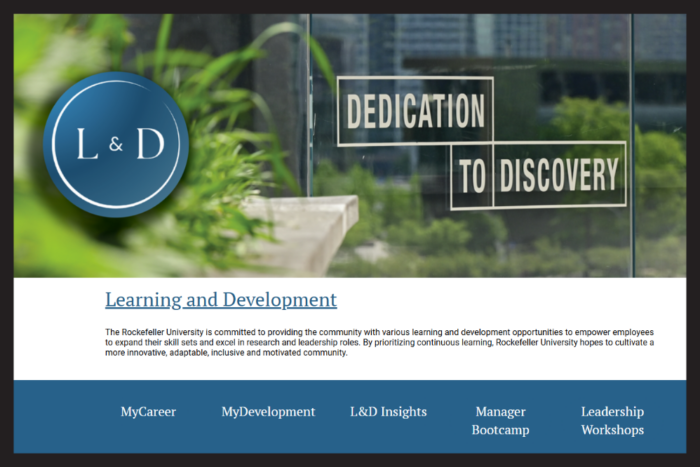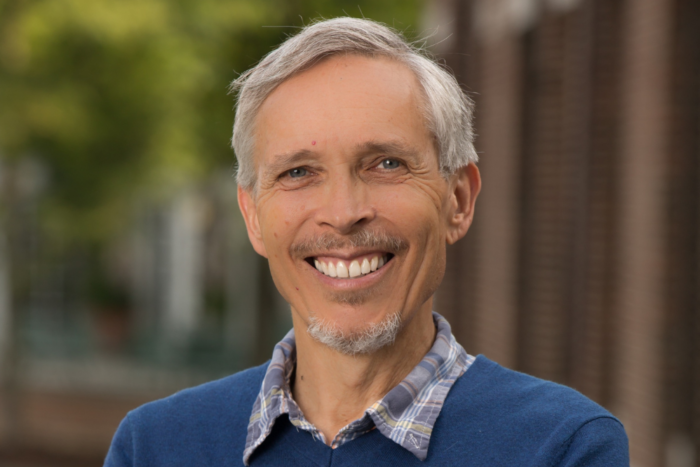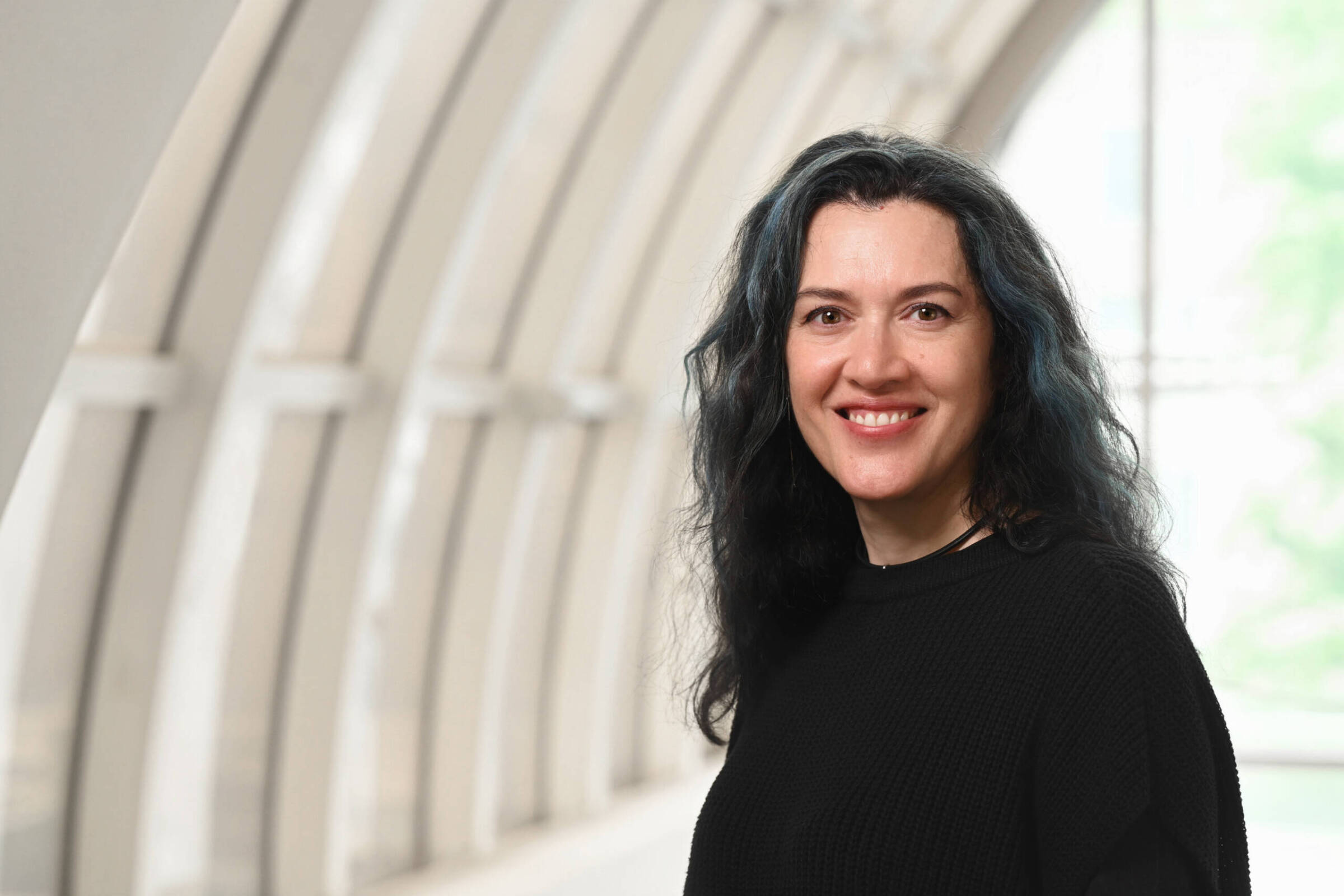Johannes F. Scheid
 Johannes F. Scheid
Johannes F. Scheid
Presented by Michel C. Nussenzweig
Member of the graduating class of 2014
Diploma, University of Arts, Berlin
M.D., Humboldt University – Charite, Berlin
The Antibody Response against HIV
This is the second Rockefeller graduation for Johannes Scheid, the first being from the Rockefeller Children’s School. Johannes’ father was a professor in the Tamm and Choppin laboratory, and his mother was a faculty member at Memorial Sloan Kettering.
Shortly after his first graduation, Johannes’s family returned to their home in Germany, where Johannes went to school and eventually entered the music conservatory with the idea of becoming a concert cellist. But he hedged his bets by attending medical school as well. He became fascinated with experimental medicine, and decided to take a year off to come back to New York City and Rockefeller for a one-year rotation to try his hand at science. Although I was initially reluctant to take Johannes because he had so little laboratory experience, I eventually did because he agreed to spend three months at the Max Planck Institute to train before coming here.
I am very happy that he did, because his rotation turned into a Weintraub Award-winning Ph.D. with multiple first author publications in journals like Science and Nature. When Johannes arrived, I gave him the task of developing a technique to clone antibodies from the blood cells of patients infected with HIV-1, something that had never been done before. We chose very rare patients that had developed broad and potent neutralizing activity in their serum, and Johannes was able to fish out their antibodies with his new technique. This led to the isolation and molecular characterization of a whole new class of antibodies by us and by a number of other laboratories that adopted Johannes’s technique. The new antibodies have yielded insights into how to neutralize HIV-1, uncovered new sites of vulnerability in the virus, and provided an important explanation for why it has been so difficult to produce a vaccine.
Moreover, Johannes’ experiments showed that these antibodies were sufficiently potent that they might be used in therapies or even as a passive vaccine to prevent the disease. These ideas were tested first in pre-clinical models, and now Johannes’ antibodies are being tested in humans right here at The Rockefeller University Hospital.
Johannes’ work has had a major impact on my laboratory and more importantly on the entire HIV-1 community, which has turned its attention to immunotherapy. This is an unusual accomplishment for a graduate student, but Johannes is an exceptionally gifted individual. It’s been a true pleasure and a privilege to have had Johannes as a colleague.
In addition to his Ph.D., Johannes has managed to finish medical school. In the next phase of his career, he will be following in the footsteps of Zanvil Cohn, Ralph Steinman, and yours truly as an intern in medicine at Massachusetts General Hospital.


